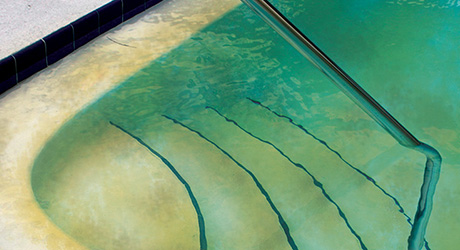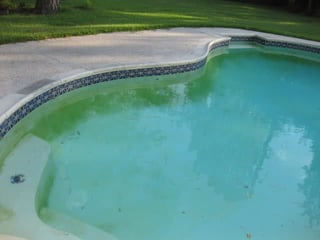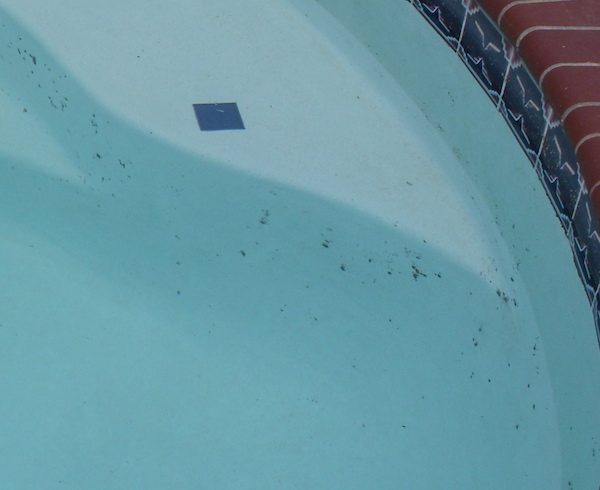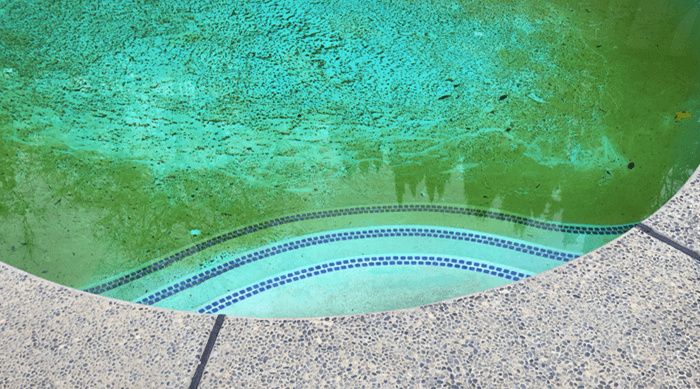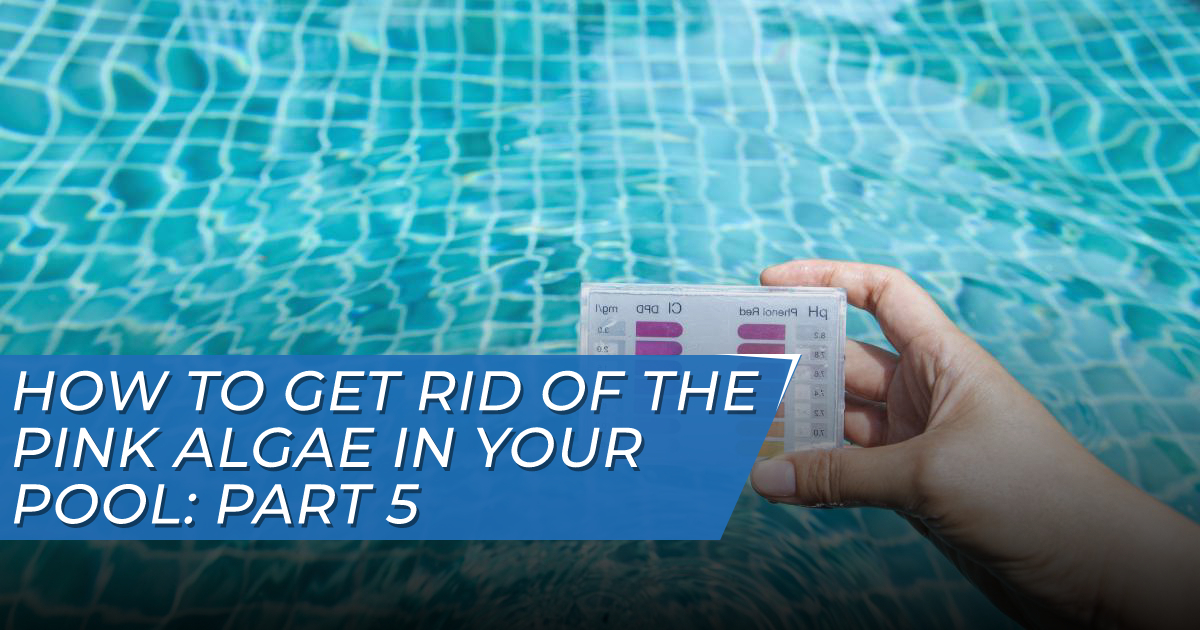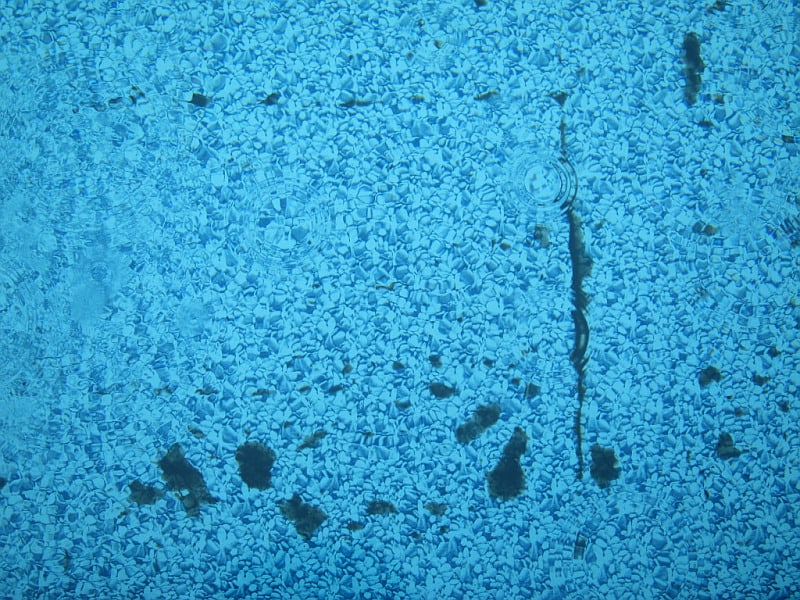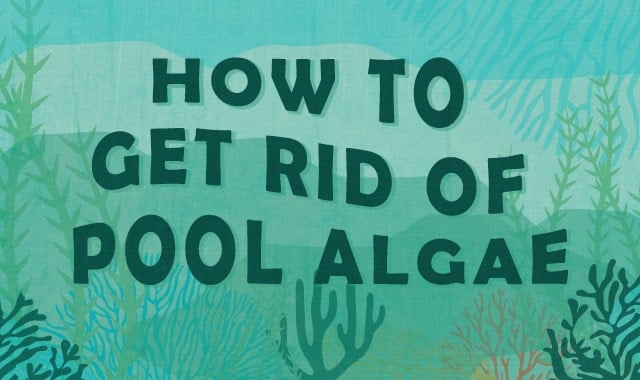Algae Keeps Growing In Pool

There are many different reasons that can contribute to algae in your pool.
Algae keeps growing in pool. Maintain your pool water. Had the auto vacuum on for the last 24 hrs to pick up algae and now pool is quite. It seemed to help for a few days but then algae started growing again even with fc 10 tc 10 ch 250 ph 7 2 ta 120 cya 100. Many pools that have algae that won t go away.
It is important that when you treat for algae you submerge your cleaning equipment in the. The faster you catch a problem the easier it will be to deal with it. Algae should not grow if you keep on top of your pool chemistry. I shocked it last week with 5 lb ca hypochlorite.
No we don t kill all the algae. Follow the label instructions carefully to dose correctly and your algae problems could be over. What causes pool algae. And then there are the kinds that float in the water.
If algae is left untreated algae blooms can form in your pool. Spores can also infect your waters after lightning storms when nitrogen builds up in the air or water because lightning is made of nitrogen. An algae bloom occurs whenever there is a significant nutrient imbalance causing the algae to grow out of control. Algae likes to grow in stagnant water so you need to make sure your swimming pool s water is always circulating.
Daily testing is ideal especially in the week or two following an algal bloom. It s really easy to brush off and become free floating. Some forms of algae actually can ingest calcium which they can find in the water or in the walls of a plastered pool. As previously stated algae can gain a foothold in your pool when your pool care regime is disrupted.
You can test your pool water for phosphates with a phosphate test strip about 10 or you can spend about 30 and just go ahead and treat the pool with a phosphate remover chemical. Of the more than 21 000 types of algae only about 40 to 50 inhabit swimming pools. Test the pool regularly for free chlorine levels ph alkalines and cyanuric acid. Most types of algae won t grow in the dark which is why you usually find algae growing on the sunny side of the pool.
Since algae is a plant any small amount of fertilizer that blows in or runs in from nearby lawns and planters will almost certainly cause repeated algae problems. These spores can survive outside the water for extended periods of time. Some of the many types of algae can exist outside the pool and will re infest the water when brought back in contact with the water. Usually you ll see this algae floating in your swimming pool or on the pool walls potentially causing your entire pool to turn green.
An excellent example of this is yellow commonly called mustard algae. When treating a swimming pool for algae it is important that all parts of the pool receive a dose of algaecide. At least twice a week you should check and clean your skimmers and pump strainers. And kinds that cling to the pool s interior surface.
Green algae is the most common form of swimming pool algae as it grows due to a lack of proper sanitisation and filtration alongside a high ph. Always test at least twice a week during the swimming season. Algae can occur because of many reasons including. So if you re fighting algae right now don t be too hard on yourself.
To be fair algae don t just occur in unhealthy pools. My pool water has been clear most of the summer but recently algae has started to grow rapidly even though my levels seem to be stable.

